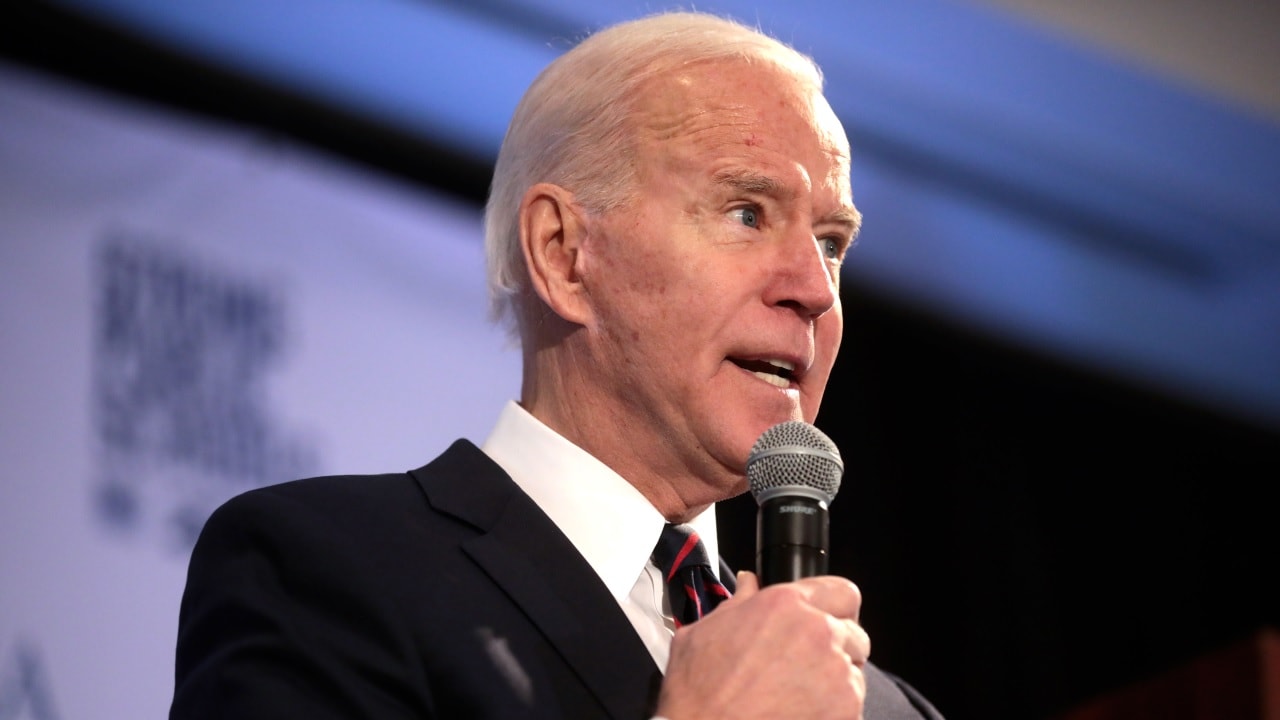Biden May Ban Menthol Cigarettes and Flavored Cigars – In a significant move aimed at curbing tobacco consumption, the Biden administration is pushing forward with a proposal that could ban menthol cigarettes and flavored cigars. This long-anticipated rule, currently under White House review after receiving the Food and Drug Administration’s (FDA) approval, marks a historic moment in the regulation of tobacco products and could save countless lives. The ban, if implemented, is expected to have a substantial impact on public health, particularly among Black Americans.
Menthol-flavored cigarettes have long been a contentious issue due to their perceived role in promoting addiction and their adverse impact on minority communities. A staggering 85 percent of Black smokers use menthol cigarettes, according to the FDA, compared to only 30 percent of white smokers. Furthermore, it is estimated that approximately 40 percent of excess deaths attributable to menthol cigarette smoking between 1980 and 2018 were among African Americans.
The ban on menthol cigarettes and flavored cigars is not a novel concept, as multiple administrations have previously considered such measures. However, the Biden administration is the first to take concrete steps despite facing significant pressure from the tobacco industry. Advocates are urging the administration to expedite the finalization of these rules by the end of the year.
Menthol-flavored cigarettes have consistently represented a significant portion of cigarette sales in the United States, accounting for more than a third of all sales in 2021, as reported by the Centers for Disease Control and Prevention. This makes it the highest proportion since major tobacco companies were first required to disclose this information to the federal government in 1963.
The menthol additive in cigarettes has long been known to make them more addictive. By creating a cooling sensation in the throat and airways, menthol can make smoking feel less harsh and easier to inhale. Despite the 2009 ban on flavored cigarettes, menthol cigarettes were exempted, and the FDA was tasked with determining whether they posed a risk to public health.
The Biden administration’s proposal, released in April 2022, represents a significant step forward in addressing the issue. FDA Commissioner Robert Califf stressed the potential life-saving impact of these measures, saying, “It is clear that these efforts will help save lives.”
While there are concerns that a federal menthol ban could lead to an illicit market for menthol cigarettes and over-policing in communities of color, experts and advocates argue that such fears are unfounded. In states like California and Massachusetts, where menthol bans are already in place, there has been no evidence of a direct correlation between the ban and increased policing.
The proposed ban would apply to companies involved in the manufacturing, distribution, or sale of menthol cigarettes, rather than individuals who possess or use them. Advocates argue that this policy should be viewed as a public health matter rather than a public safety issue.
What the Experts Think
Harrison Griffiths, communications officer for London-based free market think tank the Institute of Economic Affairs told 19FortyFive he was skeptical about the plans, stating:
“Banning menthol cigarettes is both naive and an affront to Americans’ Liberties. It would be unlikely to drive menthol smokers towards quitting as they would merely switch to flavorless cigarettes or purchase them illegally. Indeed, a ban might hurt big tobacco in the short term, but it will ultimately empower illegal cigarette vendors.
He went on: “The ban also renders Joe Biden’s acknowledgement of the disastrous consequences of marijuana prohibition utterly vacuous. This ban employs exactly the same logic and will lead to exactly the same outcomes; use will not decline, criminals will be empowered, and the police will be given another pretext to target individuals for victimless crimes.”
Georgia Gilholy is a journalist based in the United Kingdom who has been published in Newsweek, The Times of Israel, and the Spectator. Gilholy writes about international politics, culture, and education.
From the Vault

